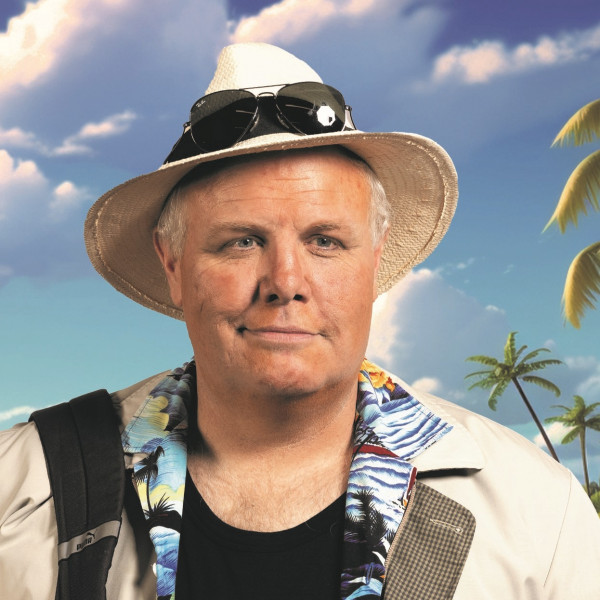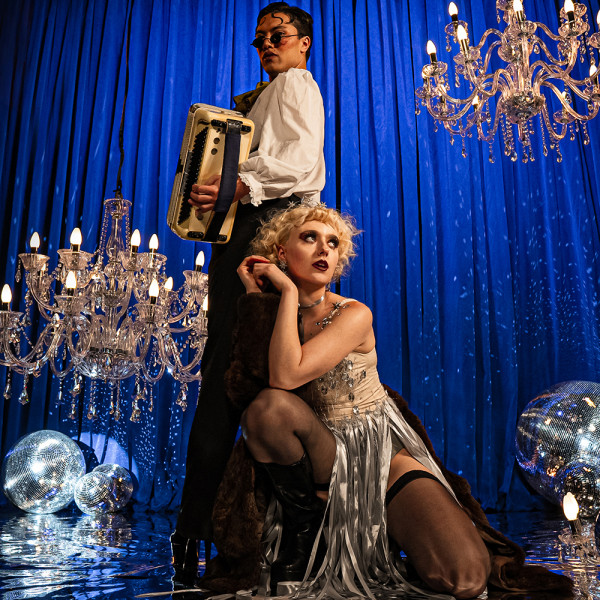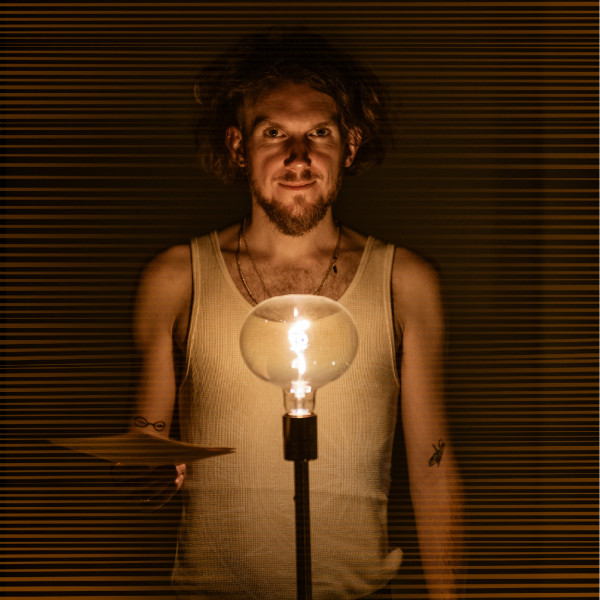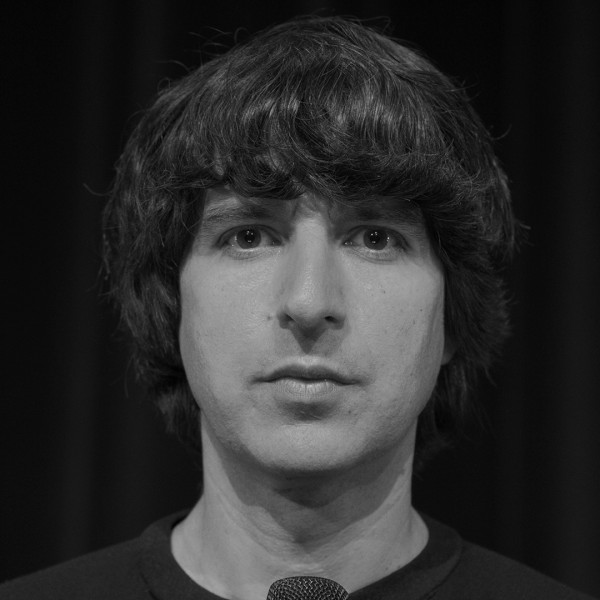
The Grand Gesture
Presented by: Orchestra Wellington
Conducted by: Marc Taddei
Michael Fowler Centre, 4th May 2024
Reviewed by: Dawn Brook
This was a brilliantly designed and executed concert. The theme for The Grand Gesture was to illustrate how composers often go to the music of fellow composers, past and present, for inspiration. In this concert, Stravinsky’s Suite from Pulcinella borrowed from works composed by 18th century Pergolesi, Handel modelled his Concerti Grossi on forms used by his contemporary Corelli, while 20th century Lukas Foss’ Baroque Variations transformed baroque works by Handel, Scarlatti, and Bach.
This borrowing was illustrated by unexpected solo performances of source works at the start of each half of the programme. The soloists, violinist Amalia Hall and harpsichord player Jonathan Berkahn, were spotlit in the darkened hall as they played. Magic!
Pulcinella is an appealing work, full of good rhythms, good tunes, and good humour. Maybe the orchestra was a bit tentative at the start but it was a spirited performance on the whole. There were lots of opportunities for individual instruments to shine, especially in the wind and brass sections.
The soloists for Bach’s Concerto for Two Violins were Amalia Hall and Monique Lapins. It’s an immensely lovely work with the two violins echoing and chasing each other. I also enjoyed the fine basso continuo work of the cellos and double basses. Handel’s grand gesture, Concerto Grosso Op. 6 No. 12, also featured Hall and Lapins with principal cellist Inbal Megiddo. Again, this was elegantly played with clarity and balance by soloists and orchestra.
Then came Foss’ work! His sources were transformed, so that one heard sometimes just a ghost of the original, with strings bowing some notes silently or playing half phrases completed by other instruments. The effect was like splintered sound in an echo chamber. Foss also marshalled an array of unusual percussion in the last movement. It was wild. Taddei compared it to an old-fashioned acid trip!











